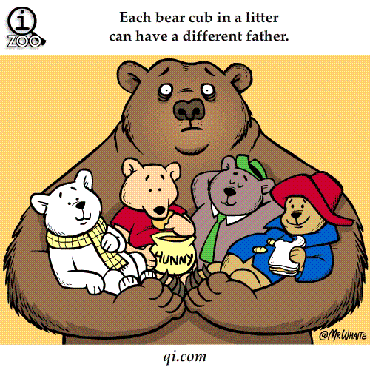
The

Dark Origins of the Word “Goodbye”
“Goodbye” is a word that we use every day without giving much thought to its origin or meaning. It’s a simple way of saying “farewell” or “see ya later.” But did you know that the word “goodbye” has dark and ominous origins?
The word “goodbye” actually comes from the phrase “God be with you.” In the 16th century, it was common for English speakers to use the phrase “God be with you” as a farewell greeting. This phrase evolved over time into the shorter and more familiar “goodbye” that we use today.
But the problem with the phrase “God be with you” is that it was associated with death. People would say it to others as a way of saying “I hope you’ll be in God’s hands when you die”. It was often used as a way of saying goodbye to someone who was leaving forever, like a soldier going off to war or a loved one who was dying.
In fact, the phrase was so heavily associated with death that it was considered bad luck to say it to someone who was still alive. People believed that if you said “God be with you” to someone who was still alive, you were essentially wishing death upon them.
So the phrase “God be with you” gradually fell out of use, and “goodbye” took its place. But even though the word “goodbye” is less morbid than its predecessor, it still carries some of the weight of that original phrase. There’s a sense that when we say “goodbye,” we’re acknowledging that we may not see that person again.
In some ways, knowing the dark origins of the word “goodbye” adds depth and meaning to our everyday conversations. It’s a reminder that even the simplest words have a rich and complex history behind them.